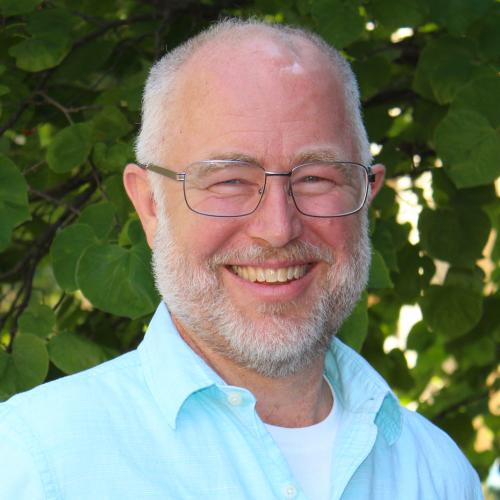GSLIS has been awarded a $117,187 grant from the Illinois Department of Commerce and Economic Opportunity as part of the Eliminate the Digital Divide Grant Program. The grant will help fund the Sowing Seeds project, a project within the Center for Digital Inclusion (CDI) led by faculty member and director Jon Gant, by funding a new public computing center in Danville, Illinois, and expanding technology training in the existing public computing centers at The Urbana Free Library; Salt and Light, Champaign; Shadow Wood, Champaign; and the Mary Brown Center, East St. Louis.
The goal of the Eliminate the Digital Divide Grant Program is to increase access to technology for residents of underserved communities and to promote and teach digital literacy skills to these groups.
“We’re trying to put people first in the process of digital media literacy training,” said Martin Wolske, GSLIS senior research scientist. “Even as we talk about job training and work force development, too often those things are just that—things. With this grant, we are really trying to move beyond that.”
Through Sowing Seeds, community ambassadors—primarily residents of the neighborhoods served by the public computing center—will be offering beginning and intermediate digital media training programs at each center. Wolske, GSLIS doctoral candidate Colin Rhinesmith, CU-CitizenAccess journalist Pam Dempsey, and College of Media Professor Brant Houston will train the community ambassadors at regular “train-the-trainer” meetings and will also offer advanced digital media training programs at The Urbana Free Library and Mary Brown Center.
“What we’ve asked of the community ambassadors is that they be able to identify very directly with the community. It’s really about relationship building,” Wolske said.
The digital media literacy training programs will address three stages of technological competencies, from developing skills in resume writing and navigating word processing applications to learning elements of citizen journalism, such as blogging and video production. To help facilitate citizen journalism in the communities, Sowing Seeds will work collaboratively with CU-CitizenAccess, an online news and information project that investigates social justice and economic issues in Champaign County.
Students in Wolske and Rhinesmith’s fall and spring semester Community Informatics Studio courses will help develop workshops for the program as part of their exploration of popular education and popular technology approaches to digital media literacy training.
“Our goal is to really help people progress toward more advanced digital media literacies throughout and also to help people be more embedded as community journalists,” Wolske said. “We also recognize that learning is not something that is done individually; it’s done in community. We’re doing this with a community of learners, and we’re doing it to help community advance.”
To support the training programs and to increase regular access to technology for local residents, Sowing Seeds will install new computers, multimedia equipment, and software at the existing computing centers. Students in Wolske’s Introduction to Network Information Systems course this fall will be involved in installing the new community technology center in Danville.
Since 2000, GSLIS students have partnered with 98 different community organizations to setup public computing centers in East Central Illinois and the Metro East St. Louis regions. CDI and its predecessor, Prairienet, have trained over 1,100 individuals in Champaign County.
“At CDI, we are especially focused on being highly inclusive in the communities. It’s bringing everyone together and recognizing that in our diversity and our difference, we really have the strongest resources,” Wolske said.
